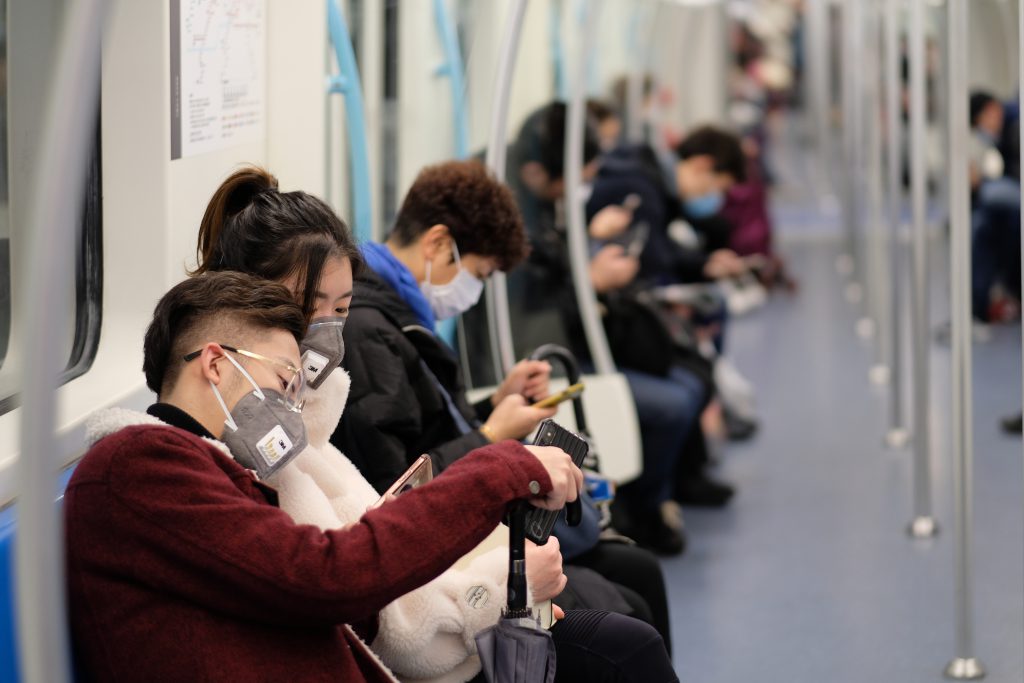
For hotels, it is important to keep facilities clean – even in normal times when there is a low risk of any communicable disease. But today – when consumers are in a heightened state of fear – it makes good business sense not just to adopt effective strategies to disinfect facilities – but to openly promote the measures being taken, so as to instil confidence in your patrons.
Singapore’s National Environment Agency (NEA) released a Sanitation and Hygiene Advisory for Hotel Operators [1] on February 3 which it says aims to ensure hotel managers can safeguard public health and win public confidence.
The guidelines followed three cases of coronavirus transmission affecting men who attended a company convention at the Grand Hyatt Hotel in Singapore in January. The hotel subsequently disinfected public areas, restaurants, meeting spaces, and rooms to ensure the health of guests and employees alike.
1. Staff First
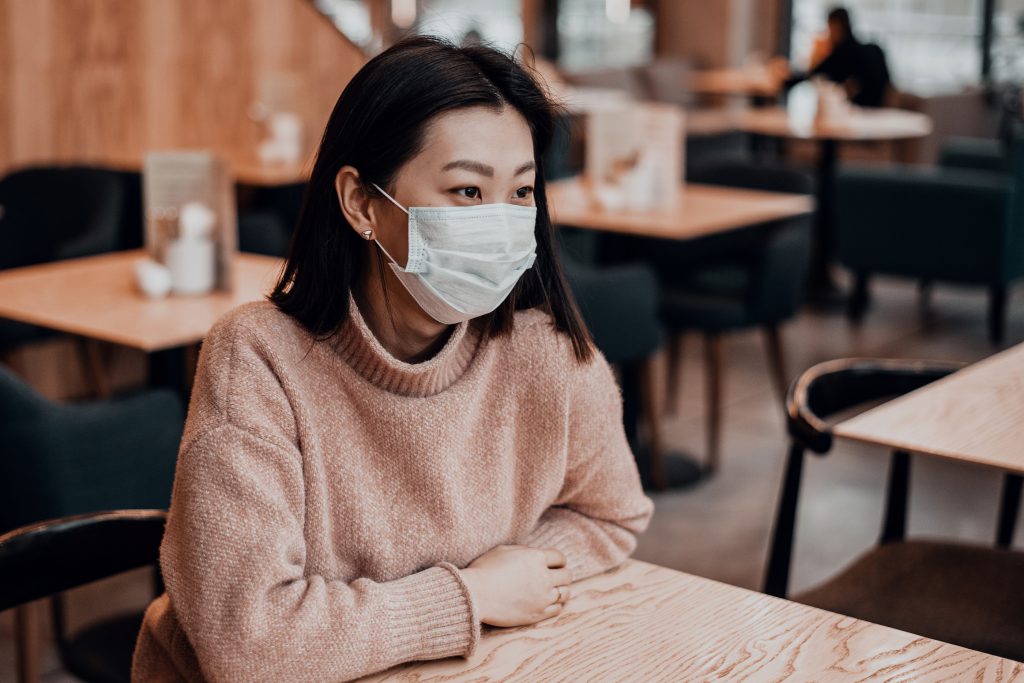
However, contrary to statements being made by some health officials across Asia, the World Health Organization says masks are necessary only in certain circumstances [2]:
“If you are healthy, you only need to wear a mask if you are taking care of a person with suspected 2019-nCoV infection. Wear a mask if you are coughing or sneezing. Masks are effective only when used in combination with frequent hand-cleaning with alcohol-based hand rub or soap and water,” advises WHO. “If you wear a mask, then you must know how to use it and dispose of it properly.”
That said, having staff wearing masks publicly can instil confidence in customers, which is why staff of many foodservice companies in Asia, such as Starbucks, are routinely wearing them, even if they are perfectly well.
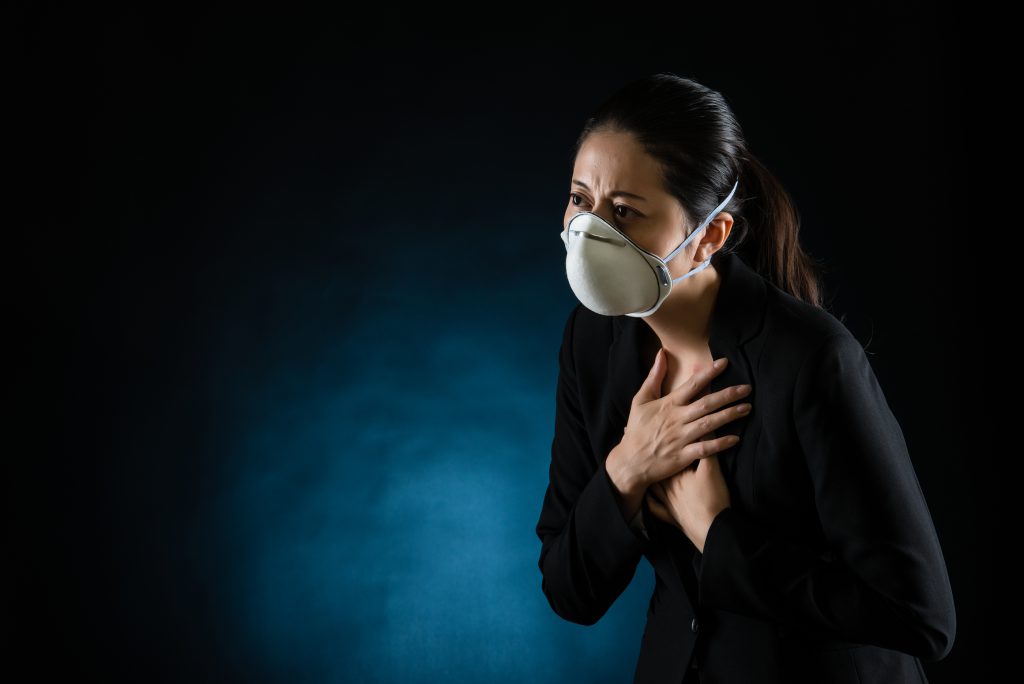
The NEA says hotel staff (and anyone else, for that matter) should cover their mouths with tissue paper when coughing or sneezing, and dispose of the soiled tissue paper into a rubbish bin immediately, before washing their hands thoroughly.
Staff should use gloves when carrying out cleaning works and when handling waste. “Use gloves when clearing items discarded on restaurants tables and/or in hotel rooms such as used tissue papers and toothpicks. Refrain from touching exposed body parts such as eyes, nose, face and arms with soiled gloves or unwashed hands.”
The US Center for Disease Control recommends that employees who appear to have acute respiratory illness symptoms such as coughs or shortness of breath upon arrival at work, or who become sick during the day, should be separated from other employees and sent home immediately.
2. Cleaning and Disinfecting
The NEA advises hotel operators to assign a team of staff to carry out cleaning and housekeeping daily. Here is its checklist:
- Disinfect frequently touched areas such as handrails, lift buttons, door knobs/ handles with disinfectant regularly.
- Ensure refuse bins are covered at all times and cleared daily.
- Tie refuse contained in plastic bags properly before disposing of them at bin collection centres.
- Clean up any refuse spillage immediately.
- Wash and disinfect all refuse bins, bin chambers and bin collection centres where necessary.
- Engage licensed waste contractors to remove refuse daily.
- Cleaning staff are encouraged to soak cleaning cloths in household bleach at the proper concentration according to manufacturer’s instructions and wash the cloth after use and before reuse.
- Clean and disinfect all cleaning equipment immediately after use.
3. Food-handling Essentials
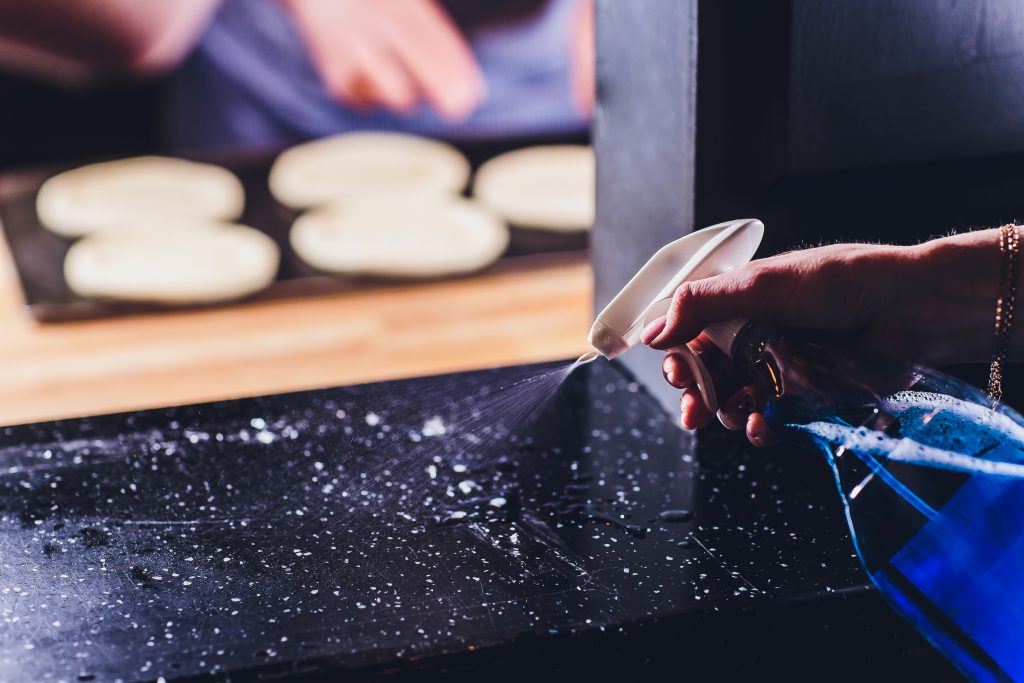
“Ensure all food products are obtained from licensed food sources. Cover food properly to prevent contamination,” the NEA says in its advisory.
Staff should not store personal belongings in preparation areas, but rather use lockers in a separate area.
Restaurants should not use cracked or chipped crockery as germs can be harboured in cracks. As in any time, separate chopping boards, knives and other instruments should be used for raw and cooked foods to prevent cross contamination. These should be stored separately as well. Use clean disposable gloves when handling food.
Hotel operators are advised to ensure pest-eradication programs are up to date and sites checked daily to remove potential breeding sites and check for signs of pest infestation, including rat droppings or burrows or cockroach droppings.
Ventilation systems should be inspected and cleaned regularly, especially in small and confined areas such as lifts and toilets.
4. Pools and Gyms
So, too, swimming pools should be regularly monitored: The NEA advises that swimming and spa pools should have residual chlorine levels in the water maintained between 1 and 3 parts per million at all times.
“Ensure entire pool area, spas, steaming rooms and cooling berths are free of litter and pests. Remind pool users to shower before entering the pool. Inform lifeguards and pool attendants to look out for any swimmer or visitor who is not feeling well.”
Gymnasium equipment should be cleaned with disinfectant regularly and litter and pests removed quickly. The NEA recommends increasing the rate of ventilation to allow as much fresh air as possible into the gym room.
“Require guests to sign in before they are allowed to use gym facilities, to allow easy contact tracing if required.”
5. Room Reminders
When it comes to hotel rooms, cleaning staff need to adopt vigilance and discipline during this time, regardless of how thorough they usually are.
Essentially, between occupants, every surface a guest is likely to have come into contact with should be cleaned with suitable sanitiser. That does not just mean the obvious places like door handles and bathroom fixtures.
A study by the University of Houston [3] found the most-contaminated items in a typical hotel room are remote controls for the television, and light switches.
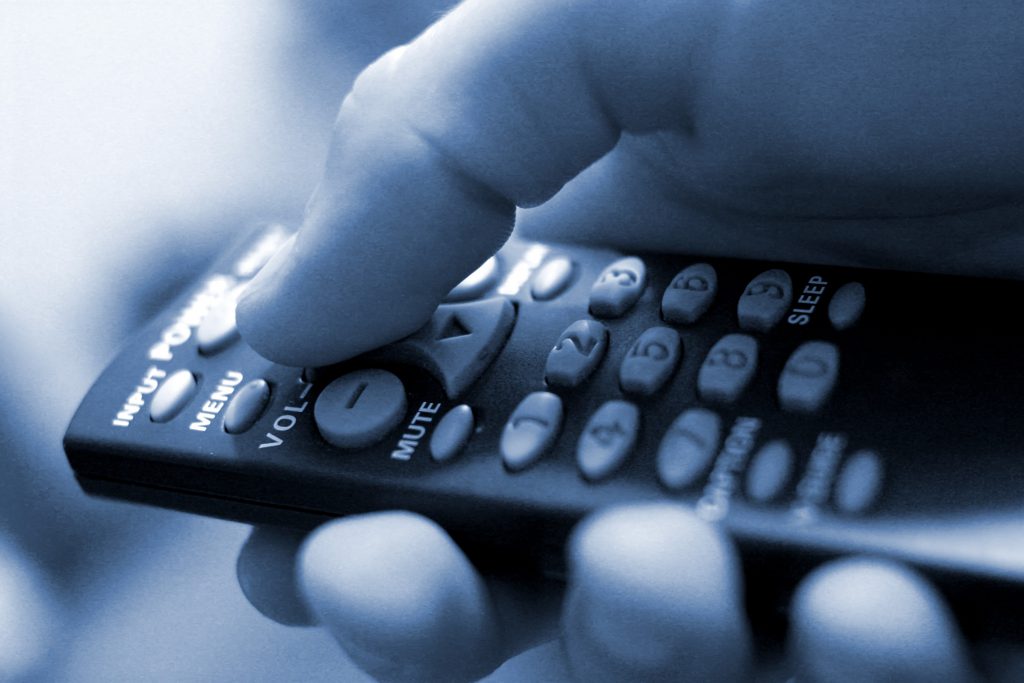
Jay Neal, a microbiologist at the university who oversaw a research project by one of his students says hotel rooms “do not have to be ready for surgery” but given the levels of bacteria discovered in rooms tested, there was room for improvement.
Hotel guests do not give any thought to touching switches or remotes and the bacteria levels may be no higher than in a guest’s home, but in a time where people are concerned about the spread of the highly virulent coronavirus, these areas are worthy of increased attention by hotel cleaning staff.
Further Information
Readers who may want further information on procedures to reduce the transmission risk of viral or other forms of disease from hotel facilities may wish to read a guide produced by the Hong Kong government’s Department of Health. The downloadable PDF Guidelines on Infection Control & Prevention In Hotel Industry [4] was produced in 2007, after the outbreak and clearance of the Sars epidemic which was very similar to the coronavirus. It covers procedures for all hotel facilities.
Resources:
[1] NEA Singapore communication to hotel operators and managers, February 3, 2020.
[2] World Health Organization Novel Coronavirus (2019-nCoV) advice for the public: When and how to use masks
[3] University of Houston study covered by Live Science
[4] Guidelines on Infection Control & Prevention In Hotel Industry

